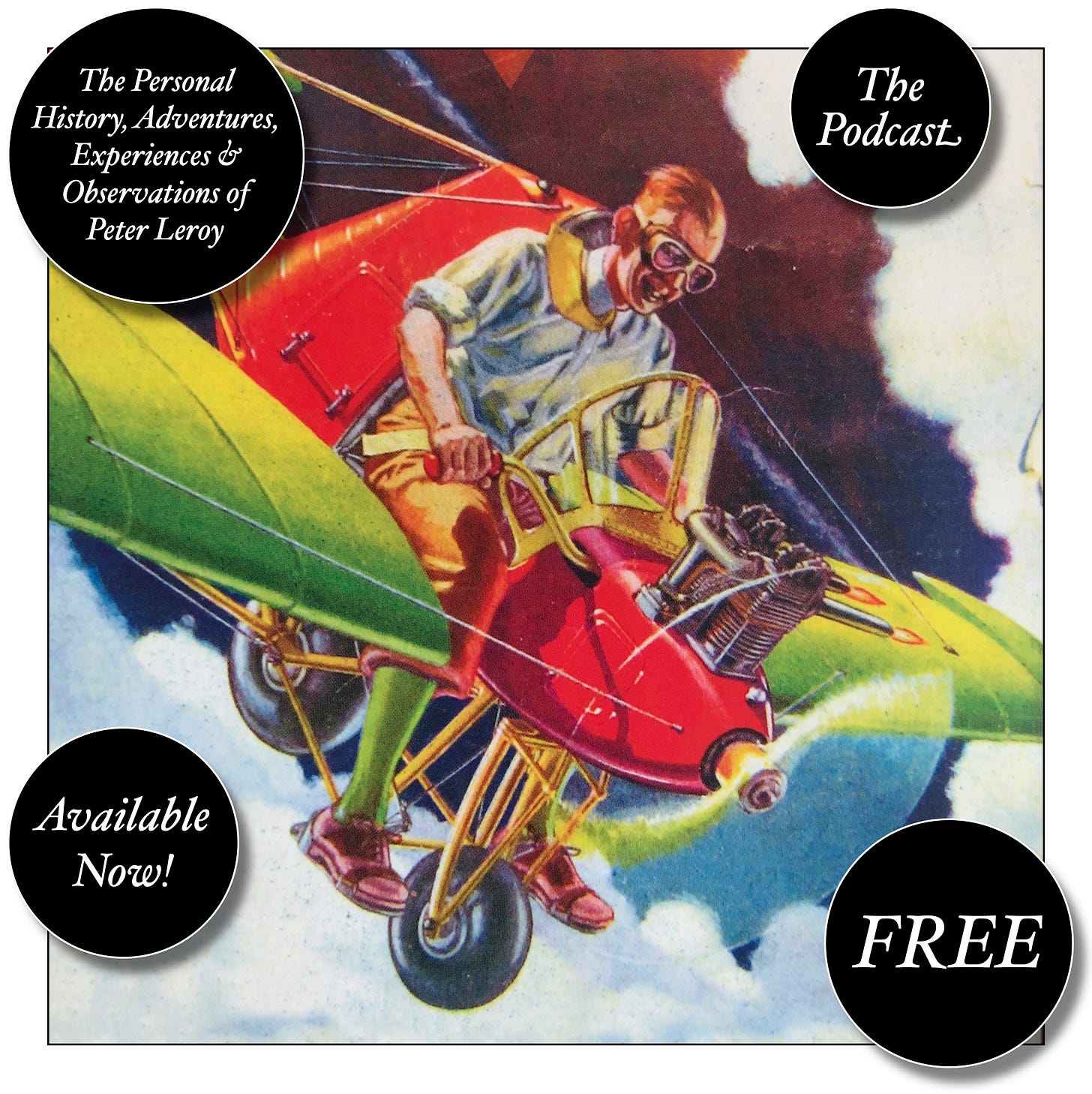The chain of events that led to Luther’s losing his fingers began in 1902, when Luther bought a Studebaker Brothers Gentleman’s Road Cart. In fact, he bought two. In the spring he bought a standard cart, and he enjoyed driving it so much that in the fall he bought another and had it fitted with runners as a sleigh, for the winter. The Gentleman’s Road Cart was a lean, handsome, jaunty, bachelor-uncle’s sort of vehicle. Both of Luther’s were beautifully painted in red Chinese lacquer, with gold pinstriping. He kept them polished and gleaming. “I would never drive a dirty cart or sleigh,” said Luther, in the way that bachelor uncles make pronouncements about the principles that underlie the life they make for themselves. Bachelor uncles tend to accumulate such words to live by and, as time goes by, tend increasingly to live by them. I suppose that this happens to all of us, but there is something about bachelor uncles, perhaps the fear that if they fall there will be no one to catch them, that makes them behave like umpires over their own behavior, interpreters of an ever-lengthening rule book, like the Hubers’ rule book for croquet.
The rules in Luther’s book became increasingly bizarre after he bought the cart and sleigh. His rules about cleanliness became stricter and stricter: his mustache was always clipped, the lacquer on his cart and sleigh always gleamed, his shoes were always shined, and so on. At the same time, however, his rules governing and defining acceptable behavior for a man of his age and station became laxer and laxer, especially those governing his conduct with young girls. Before he bought the Gentleman’s Road Carts, Luther’s work at Cole & Lord’s Gent’s Accessories had been marked by a simple Huber conscientiousness and lack of imagination that had earned him a series of small promotions and an office that overlooked the rushing Whatsit.
He drove, at that time, a sensible and unremarkable carriage, and he drove it in a brisk but sensible fashion. He smiled at the young girls of Chacallit but kept his distance.
The Gentleman’s Road Carts did something to him. He drove the sleigh along outlying roads and through fields like a madman in the winter, and he was nearly as wild when he drove the cart through the streets. His daredevil driving earned him the spoken condemnation and unspoken admiration of most of the other men in Chacallit, and it earned him the attention of young girls. Increasingly often he took one of the mill girls riding with him, and increasingly often he brought the girls — flushed, giggling, exhilarated — home with him after their rides.
He brought to his work the reckless daring that he had discovered in his driving. This new daring led to the accident in which he lost his fingers, but it also led him, for the first time, to give his talent its head. He produced some striking designs for cuff links and shirt studs, and eventually he created the profitable industry that lurked in the shadows and dark recesses of the gentlemen’s jewelry business, the branch that came to be known as “the coarse-goods trade,” not for the quality of materials and workmanship that went into the goods, for they far surpassed that found in most other jewelry produced in Chacallit, but for their erotic content.
Have you missed an episode or two or several?
You can begin reading at the beginning or you can catch up by visiting the archive or consulting the index to the Topical Guide.
You can listen to the episodes on the Personal History podcast. Begin at the beginning or scroll through the episodes to find what you’ve missed.
You can ensure that you never miss a future issue by getting a free subscription. (You can help support the work by choosing a paid subscription instead.)
At Apple Books you can download free eBooks of “My Mother Takes a Tumble,” “Do Clams Bite?,” “Life on the Bolotomy,” “The Static of the Spheres,” “The Fox and the Clam,” “The Girl with the White Fur Muff,” “Take the Long Way Home,” “Call Me Larry,” and “The Young Tars,” the nine novellas in Little Follies, and Little Follies itself, which will give you all the novellas in one handy package.
You’ll find an overview of the entire work in An Introduction to The Personal History, Adventures, Experiences & Observations of Peter Leroy. It’s a pdf document.














Share this post